Origin Story
In the course of 90+ episodes of our podcast, we kept finding ourselves saying things like “if there were a software hall of fame, <insert name of product> would be a lock to get in.” Well you can only say something like that so many times before wondering, “hey, IS there a software hall of fame?” And as best as we could tell… no, there isn’t one! Clearly, the absence of one is owed to the sheer magnitude of such a task, we said. Deciding what’s in and what’s out, and weathering the criticism afterwards… we can totally understand why no one has taken such a risk.
But no longer will the world have to suffer such a vacuum, because we have stepped forward and said “Ich bin ein huckleberry Spartacus.” Yes, yes, we are brave and selfless, but we try not to indulge too much in such thinking, so please stop bringing it up.
Criteria for Selection
- Must be a PRODUCT. It can be a free product, but it cannot be an algorithm, protocol, or language. Someone else can create the Hall of Fame for those things.
- Must be SOFTWARE. iPhone, Pong, Tivo, and Space Invaders were/are all heavily hardware-based. Again, let someone else run the Electronics HoF.
- Software products passing those two tests are then evaluated on three axes:
1. Novelty – was it an original or disruptive idea, or merely a refinement of existing paradigms?
2. Engineering Difficulty – this can be groundbreaking technical feats (ex: the DOOM engine) or just sheer volume of disciplined investment (ex: Microsoft Word) or a mixture of both
3. Impact on Human History – it does NOT have to be directly mentioned in history books, but it DOES have to impact the stories that ultimately DO get told in said books. We ARE allowed to extrapolate impact a bit, otherwise only 1970/80s software gets in. Newish stuff can get in too, but it has to be already on track, as opposed to “we think they will keep developing this product and it will eventually be good enough.“ - A product must score a combined 4 or greater to get in.
Six Stars: The Seismic Shifts
Products scoring a 2 on each of the three axes are exceedingly rare, but there ARE a few. And lest you think the SHoF council has a pro-Microsoft bias, we would like to point out that no Microsoft products appear in this presitigious group. So there, we’re clearly objective, and frankly we’re a little hurt by your accusatory tone.

Visicalc
Invented the spreadsheet category. Written in assembly language for early 1980s Apple computers. Was THE reason to get a PC for your business. Represents the dawn of all productivity software. Folks that’s a six if we’ve ever seen one.
Youtube
Before YouTube, there was essentially no way to share videos on the Internet. One of those engineering projects that just sounds like a terrible idea on paper – let anyone upload as much video as they like, store it forever, and stream it as many times as people want – for free? Ingested every possible video format and played it back to anyone on any platform, at any internet speed. Changed the world forever.
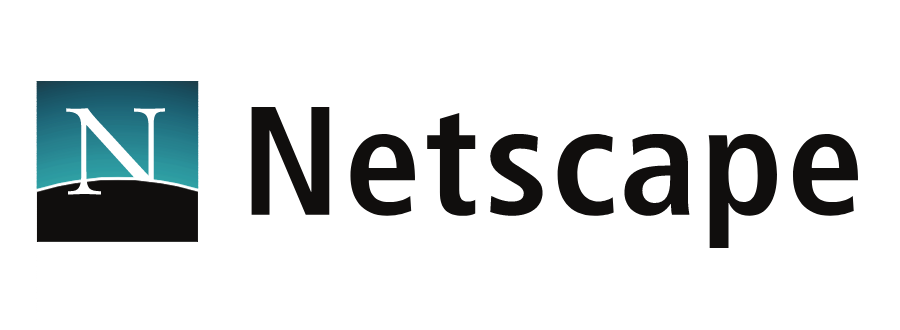
Netscape
Arguably a 1 on Novelty since it didn’t invent the category, but Netscape DID invent so much of what it means to be a modern web browser. HTTPS, JavaScript, the Document Object Model… yeah it deserves the 2. Difficulty and Impact are easy 2’s. ‘Nuff said.

Google search
Similarly, Google wasn’t the first search engine, but it WAS the first one with the sheer BALLS to say “hey, we’ll just crawl, store, and index THE ENTIRE INTERNET – human-curated indexes are for sissies!” So difficult that they basically had to invent the concept of Data Lakes along the way, all while delivering sub-second response times. Moved human knowledge into an entire new era – it’s hard to remember what it was even like to live in a time when most of your everyday questions were unanswerable.
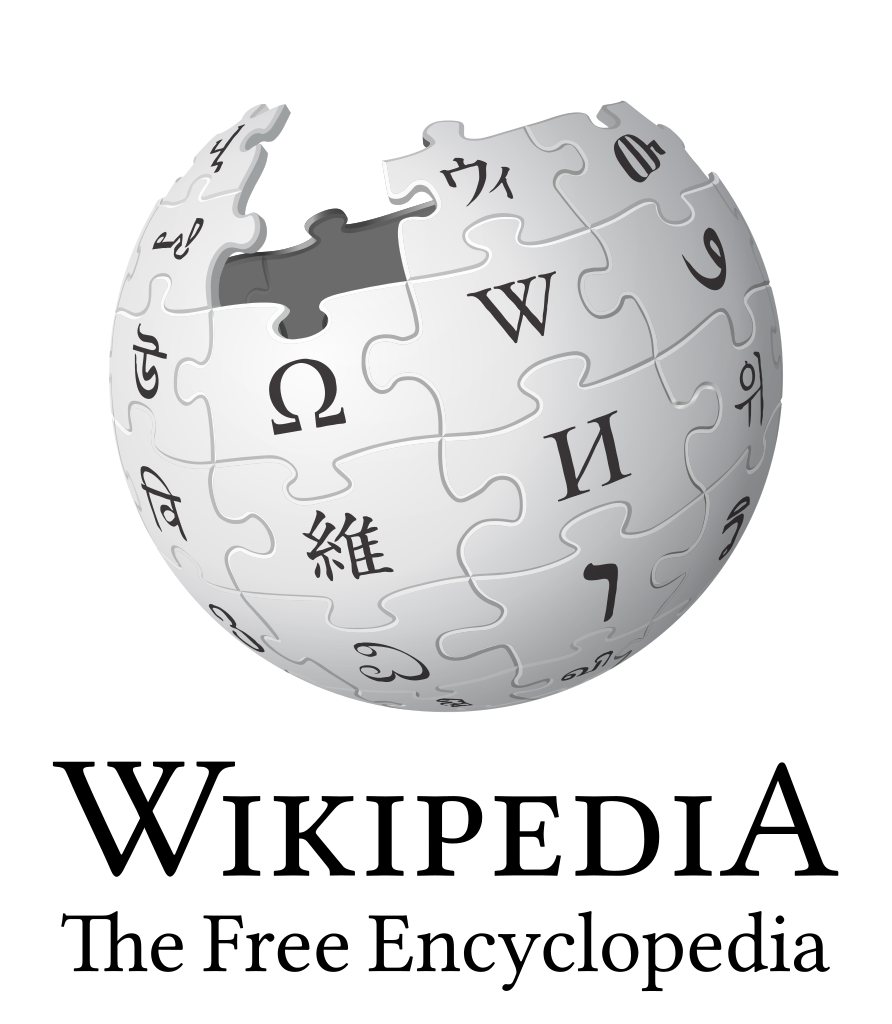
Wikipedia
Somehow we missed this one on our first podcast but the SHof site is meant to be an ever-evolving, living/breathing emodiment of our best collective knowledge at all times. Ya know, like Wikipedia attempts to do (and mostly succeeds) for basically ALL of human knowledge! Unquestionably next-level novel and impactful, we debated its Engineering Difficulty backstage before deciding it’s a 2 even solely based on the refereeing system it required. Herding the Internet’s legions of know-it-alls into a useful final result is a feat without peer.
Five Stars: The Almost-Perfects

Excel
Engineering and Impact are clear 2’s but the council debated 0 or 1 for Novelty, because an entire WAVE of spreadsheet products precede Excel in the “softological record.” But the weight of innovation WITHIN Excel, over the years, just adds up. The incorporation of VBA and the application object model. The first GUI. Array formulas. An actually-useful macro recorder. Not to mention not-quite-first-but-still-basically-first-in-category things like PivotTables and dynamic arrays.

SSAS Tabular
The brainy/brawny engine behind three separate products (Power BI, Power Pivot, and SSAS Tabular itself) is the original inspiration for the SHoF – we created the Hall of Fame so that this product could be properly honored. SSAS Tabular didn’t invent the OLAP category, but still gets max Novelty for turning that category on its head. The first to target the citizen developer rather than ivory tower IT types. The elegant DAX language. Ridiculous compression and performance – so innovative, in fact, that Microsoft chose not to patent many of its secrets, thus avoiding disclosing them to competitors. Probably the youngest product on our list, we’re giving it forward-looking credit for Impact. Could it eventually “graduate” to a max Impact score? Time will tell.
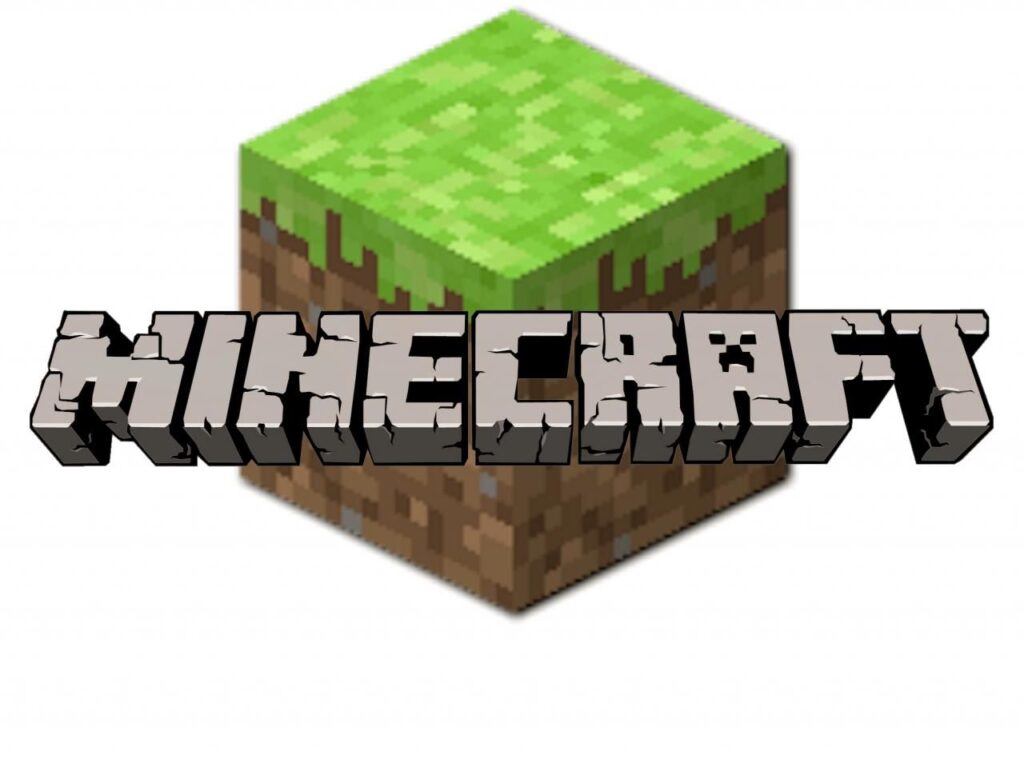
Minecraft
The first game to make our list, we credit Minecraft with inventing an entire subgenre – an unbounded world of creative possibility that captured (and still captures) the attention of every age group, and turned non-gamers into gamers. Its extensibility – it’s basically a platform – combined with its surprisingly deep physics engine, in-game programmability, and economy, and then the cross-platform portability of the whole thing, makes it a max Difficulty as well. As discussed on the podcast, though, we don’t believe ANY game can be a 2 for Impact, so it has to settle for a 1.

Linux
Arguably deserving of a perfect score, Linux illustrates the fine line between Novelty and Impact. We ultimately decided that a deliberate clone of an existing operating system (UNIX) cannot score a 2 for Novelty, even though it essentially launched the open-source software movement. Difficulty and Impact are easy 2’s.

Ultima
Another game! Pioneered the concept of PC gaming before there was even the concept of retail stores for software. Also one of the trailblazers in the MMO genre, and innovator of many MMO game mechanics we take for granted today. Bonus points for Ultima’s creator putting himself IN the games, and building a real-life castle for himself.
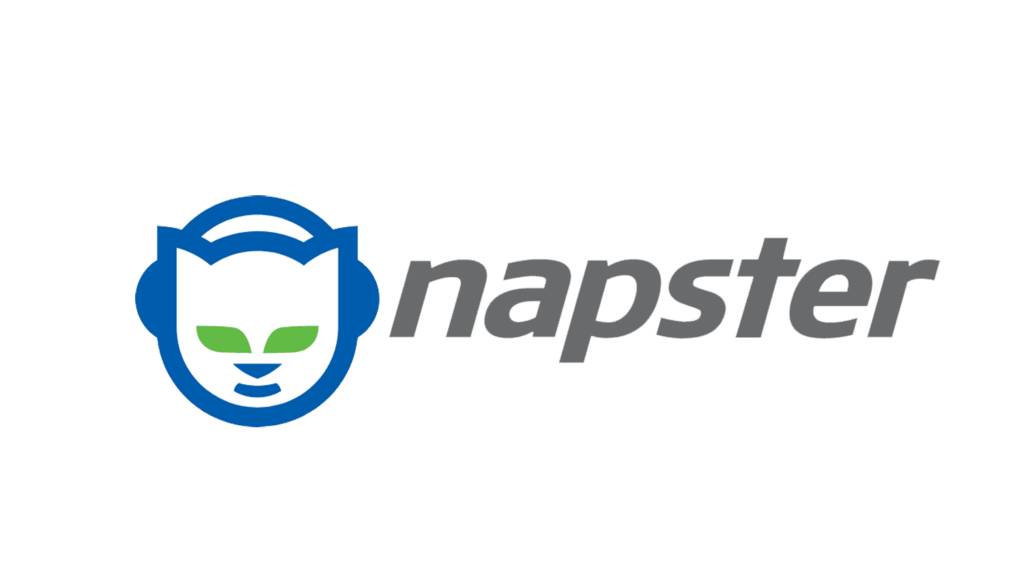
Napster
Bet you weren’t expecting THIS one! P2P piracy, we mean, sharing, of MP3 songs shocked the world overnight, and set the tone for ambitious garage startups to come over the next several decades. (We won’t quibble if you’d argue it was a 0 for difficulty, thus underscoring the “all you need is an idea!” mantra that drew wannabe entrepreneurs like moths to flame for decades to come). Turned Metallica and John Mellencamp into caricatures of themselves. Basically destroyed an entire industry with a wrist flick.

Oracle
First commercially widespread transactional database? Yep. It walks in.

SQL Server
Followed Oracle but innovated like mad in its own right. Arguably the first server-based transactional software to spawn a “citizen developer” slash “accidental DBA” demographic, thanks to its approachability and price tag. Also a trailblazer in the cloud space.

Google docs
Didn’t invent the office suite, but quite Novel in that it pioneered the “cloud first” flavor of document, which has proven to be the optimal approach in the decades since. Making such a thing run – and run WELL – in BROWSERS? Tremendous engineering challenge. And Impact? Well, even Microsoft has adopted the cloud-centric document model.
Photoshop
Potentially the weakest of the 5-star products. The Council felt inadequately experienced to properly evaluate this one on Novelty or Difficulty, but when something becomes its own verb, it’s a 2 for impact.
Four Stars: The Workhorses
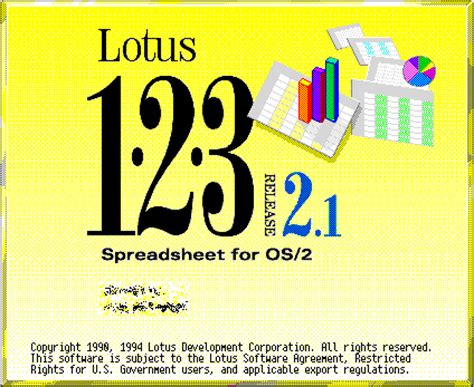
Lotus
The “middle child” of the spreadsheet Genre, we give 123 a… 121. Neither the inventor (VisiCalc) nor the champion (Excel) of its category, but still very much an important bridge between them. The Council admits to being “not old enough” to properly evaluate this one, and we could see arguments for it being in the 5-star group, but we could also sympathize with dropping it to 3 stars.
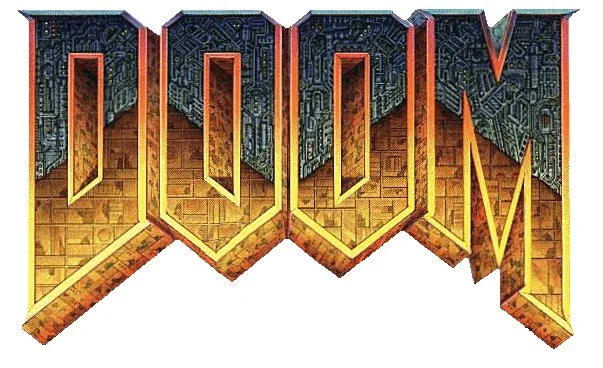
DOOM
Chronologically the first game we inducted in the podcast, DOOM positively rocked the world on its heels in the early 90’s. “My PC can do THAT???” was the shot heard round the world. Did not invent the First Person Shooter genre, but still launched it to such heights that we still give it a 1 for Novelty and Impact, and its 3d game engine ranks up there amongst the most technically groundbreaking engineering feats of all time. Also popularized the idea that games could be 100% purchased and distributed over the Internet, and the first game many of us ever played on a private LAN.

SharePoint
A clear 2 for Engineering Difficulty, any controversy surrounding SharePoint’s induction comes down to Novelty and Impact. Wasn’t the first web server of course, but blazed important trails nonetheless: team document storage hybridizing binary files with customizeable property fields, user-curated web “databases,” and spawned an entire generation of Citizen Developers (one of only two products in the SHoF to have its own Saturday conference circuit, with SQL being the other). Fastest product to a billion dollars in Microsoft history.

WordPress
Let’s give WP the same benefit of the doubt on Novelty that we extended to SharePoint, and then potentially slight it on Engineering Difficulty before conceding that it exceeds SharePoint in Impact. At time of writing, nearly half of ALL internet websites run on WordPress. And if we had a Citizen Developer Hall of Fame, WP would be a first-ballot shoe-in.
Three Stars: The Honorable Mentions aka "Piss off Chris Finlan" Group
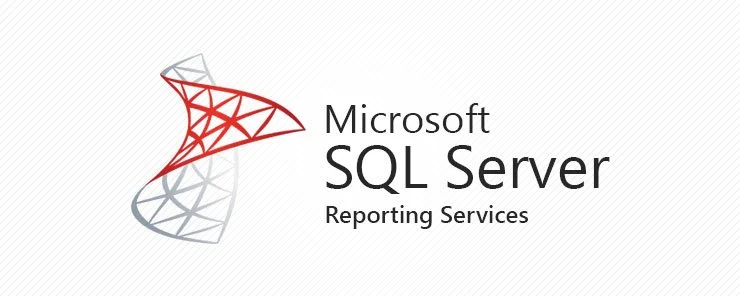
SQL Server Reporting Services
Fine, fine, 2 for impact. SSRS is pervasive to this day. But difficulty? Novelty? We just couldn’t get ourselves to a combined score of 2 in those categories. Suck it, Chris. Lol.
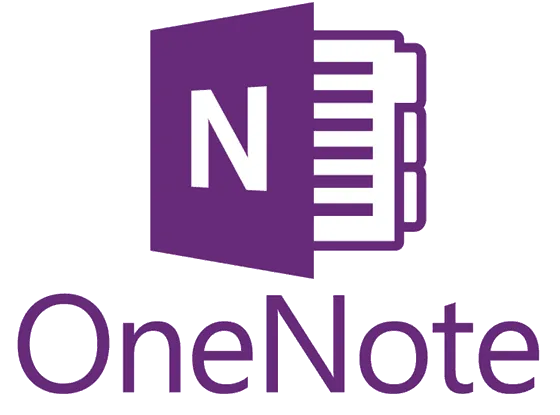
OneNote
2 stars for Novelty is bound to cause controversy given the Mandela Effect confusion relating to Evernote, but was probably Microsoft’s first document-oriented product to forgo the Save button and lean into cloud storage, all while basically being damn-near perfect in its first iteration. We give it a 0 on Engineering Difficulty almost as a COMPLIMENT, because if there was a UX Design Elegance category, it would get full marks. Alas, OneNote DEFINES the boundary of SHoF – a razor so fine that its “just below the line” status will undoubtably will ruin friendships.
Purgatory: Awaiting Further Review
Despite our time-honored penchant for “winging it,” the Council has decided, for now, to seek more information on these products’ candidacies rather than hastily deciding their fates.
Avid
The first ever digital video editor? Sounds pretty Novel, Difficult, and Impactful. But we need some more background. Stay tuned.
Power Query
Tom argues that this is not a product, and Rob didn’t have the time to fully eviscerate him on the first podcast. There were bigger fish to fry, like disqualifying SSRS. We’ll circle back on this clearly-egregious omission.
Minitab
Statistical, scientific software dating back to NINETEEN SEVENTY TWO??? And still going strong? Hrm. We don’t like it, but maybe it belongs.
MATLAB
Another science and engineering mainstay coming to us from the Age of Disco, we suspect the world would very much be a dumber place without it. Again, kinda icky, a little too techie-oriented for our tastes, but maybe we just have to hold our noses and do it.
SAS
While Minitab and MATLAB argue about which one of them is older, crustier, and harder to use, SAS just sits in the corner booth, smoking its pipe and sipping brandy. While wearing an ascot that was in style when it was purchased in 1966, the year development began on this ivory tower menace. This gets in over our dead bodies. Change our minds.
Flight Simulator
Meh. We doubt this one ever gets considered unless someone in the community champions its candidacy and talks us into giving it a look.

